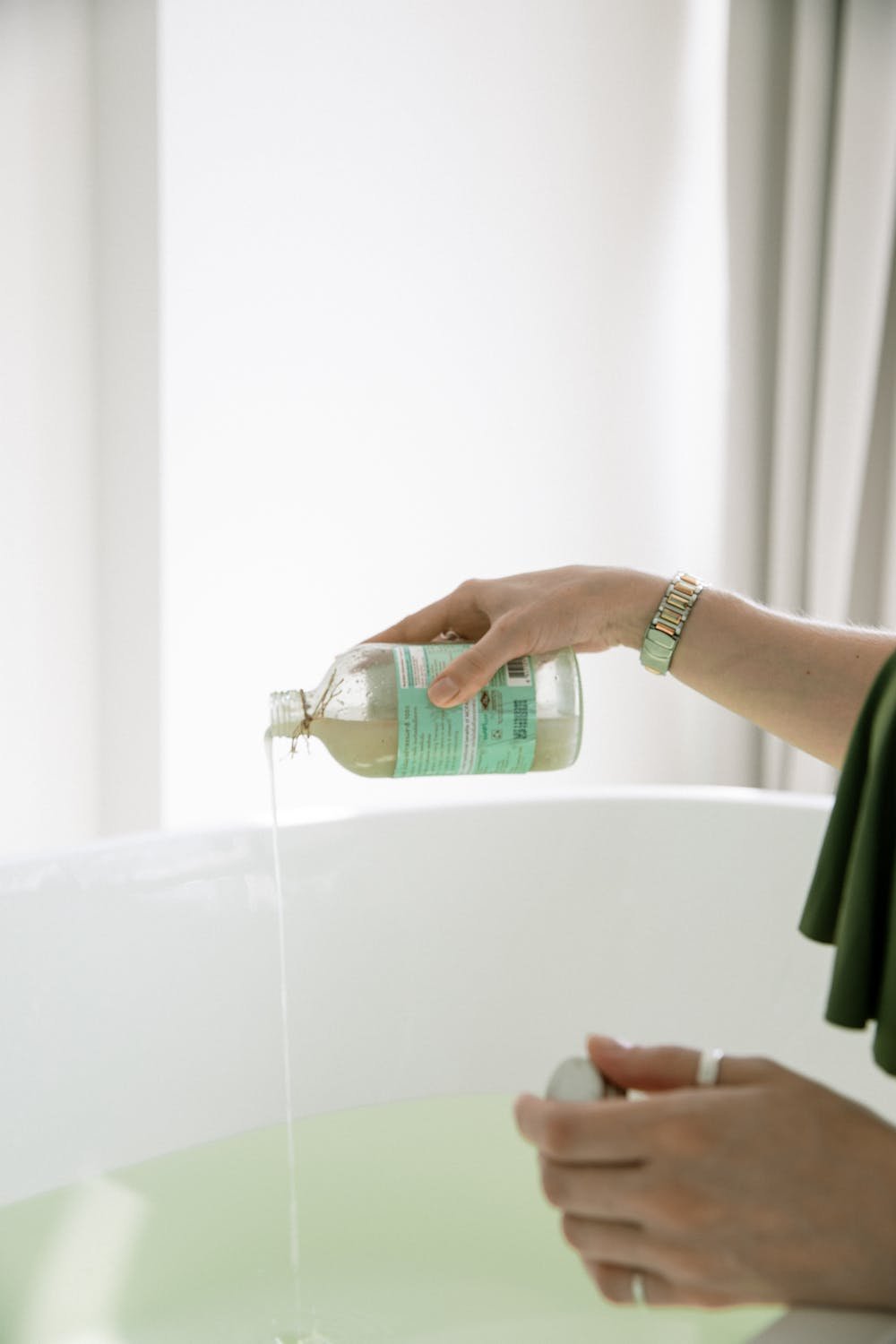Shopping for skincare products can be a confusing and overwhelming experience, but help is here! You no longer have to guess at which ingredients are right for your skin – let’s demystify skincare ingredients and determine once and for all what really works for your skin.
1. Unlocking the Secrets of Skin Care: What You Need to Know
Your skin is the first thing people notice about you. That is why it’s important to take proper care of it. But if you’ve been wondering what exactly is required to keep your skin looking and feeling healthy, don’t worry. We’re here to help you unlock the secrets of skin care.
Skin care is a highly individualized experience, as everyone’s skin is different. That said, there are some core components that everyone should focus on to achieve a beautiful complexion.
You Should:
- Wash your face every day. Use a mild, fragrance-free cleanser, and avoid scrubbing hard or using harsh cleansers. You should focus on removing dirt, oil and sweat from the skin.
- Use sunscreen. Total sun protection is the key to maintaining a healthy, youthful look. Use sunscreen with SPF 30 or higher in order to protect your skin from harmful UV rays.
- know your skin type. Are you oily, dry, combination, or normal? Knowing your skin type can help you select the best products for your skin.
- Moisturize. Moisturizers prevent your skin from drying out, cracking and wrinkle formation. Look for ingredients such as Hyaluronic Acid or Shea Butter to help replenish your skin.
Taking the time to care for your skin, both internally and externally, will have a major impact on how healthy and youthful your skin looks. By following the steps above, you can achieve beautiful skin and keep it looking healthy and glowing for years to come.
2. Ingredients that Make Skin Care Effective
When it comes to effective skin care, different ingredients can play a role in getting the desired results, and it is important to understand how they work together. There are two kinds of ingredients that are found in many skin care products:
- Moisturizing Agents: These are the ingredients that help to provide hydration for the skin in order to keep it supple and smooth. They can include humectants like glycerin, as well as hyaluronic acid, which attracts water molecules to the skin.
- Active Ingredients: These are the ingredients that provide direct skin benefits, such as exfoliation, brightening, anti-aging and acne reduction. These are usually botanical extracts and may include antioxidants like Vitamin C and E, as well as ingredients like retinol and AHA.
When it comes to effective skin care, it is important to select the right combination of ingredients in order to get the desired results. For example, if you are looking to reduce wrinkles and fine lines, you should look for products that contain retinol and Vitamin C. Retinol helps to speed up the skin cell turnover while Vitamin C helps to protect the skin from environmental damage.
On the other hand, if you are looking to brighten and even out your skin tone, look for botanical extracts such as kojic acid and bearberry extract. These ingredients can help to reduce melanin production and brighten the skin. Additionally, they are typically gentle on the skin and provide long-term benefits.
In addition to these two, there are many other active and moisturizing ingredients that can be used in skin care products for specific skin concerns. Be sure to do some research and find out which ingredients are best for your skin type and needs. With the right combination of ingredients, you can achieve the glowing and healthy skin you desire.
3. Knowing What Works for Your Skin Type
When it comes to taking care of your skin, knowing your skin type is key. Each individual skin type has specific needs when it comes to moisturizer, toner, and foundation. The right choices for your skin type can help you achieve the results you’ve been looking for.
- Oily Skin: Oily skin requires products that are designed to balance oil production, control shine, and refine pores. Look for oil-free products that are specifically designed for oily skin.
- Dry Skin: Dry skin needs products that are specifically designed to provide moisture and nourishment to the skin. These products usually contain hyaluronic acid, ceramides, and nourishing oils.
- Normal Skin: Normal skin type usually doesn’t require as much upkeep as other skin types. Products with lightweight ingredients like aloe vera, green tea, and shea butter can help keep skin healthy and balanced.
- Combination Skin: Combination skin requires product choices that are tailored to both oily and dry areas of the skin. Aim for products that are lightweight yet hydrating.
Investing time into researching and testing the right products for your skin type can be invaluable when it comes to achieving your skin care goals. You don’t need to have a pantry full of different products for each skin type— knowing what works for you can help you build the perfect, customized skin care routine.
Individual skin conditions, such as sensitivity, wrinkles, and age spots, may also require special products. Products designed to treat specific skin conditions can be a great addition to your regular skin care routine. Before you stock up on any skin care product, make sure you read up on the ingredients and how they can help you with your individual needs.
4. Clearing Up Misconceptions About Skin Care Ingredients
It’s entirely normal to do some extra research when it comes to reading the labels of the skincare products we purchase. However, all too often, women are initially filled with dread when they see chemical-sounding ingredients on the list. Many of the ingredients found in skincare products are highly misunderstood and are labeled as hazardous, when in fact, they can be beneficial in many ways.
Here are some of the most common misconceptions about skin care ingredients:
- Parabens: While there is some truth that parabens used in some products can disrupt hormones, this only applies in certain cases. Not all parabens are created equal, and many products contain positive types of parabens that work harmoniously with the skin.
- Mineral oil: Another ingredient that has raised a lot of suspicion is mineral oil. It has a reputation of being oily, but it is actually non-comedogenic, which means it won’t clog up pores. Plus, it’s an excellent moisturizing agent.
- Alcohol: Overall, alcohol has a bad reputation, but when used in skincare products, it can act as a preservative and help ingredients penetrate faster and deeper. That being said, it’s also important to be mindful of the formulation to ensure quality, as too much can be drying to the skin.
Having a basic understanding of the active ingredients used in both store-bought and DIY skincare recipes can be a great way to become comfortable with the products being used daily. After all, knowledge is power, and when it comes to clear, healthy skin – knowing what to avoid, or what to reach for, can be the difference between beautiful skin and skin that is prone to breakouts.
When you’re shopping for skincare products, you no longer have to feel overwhelmed by the countless ingredients. With this newfound knowledge, you can make informed decisions about which skincare ingredients will work best for you and your skin. With the mystery now gone, you can take the guesswork out of your skincare journey and trust that the products you choose will result in skin that is happy, healthy, and radiant.


